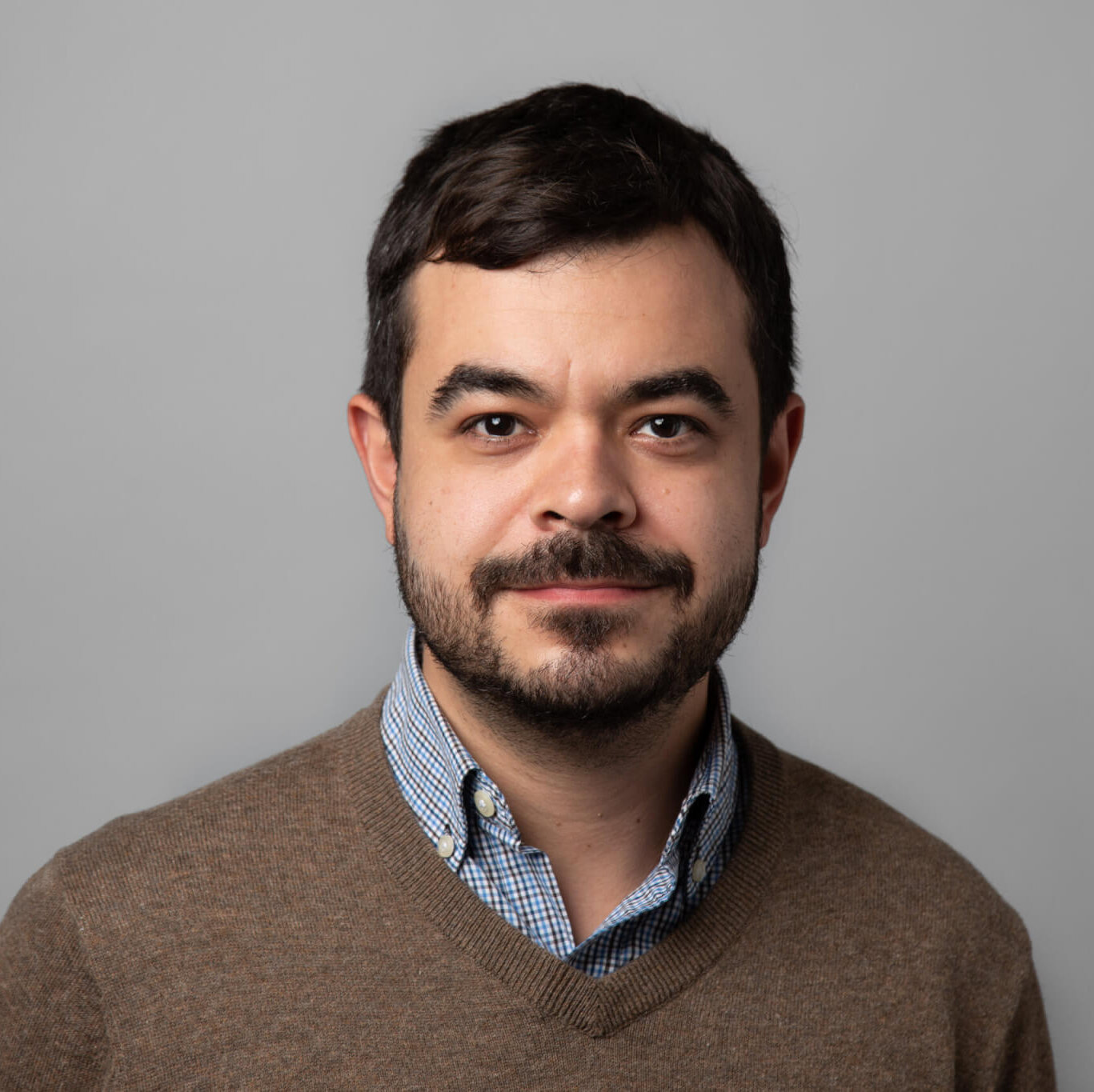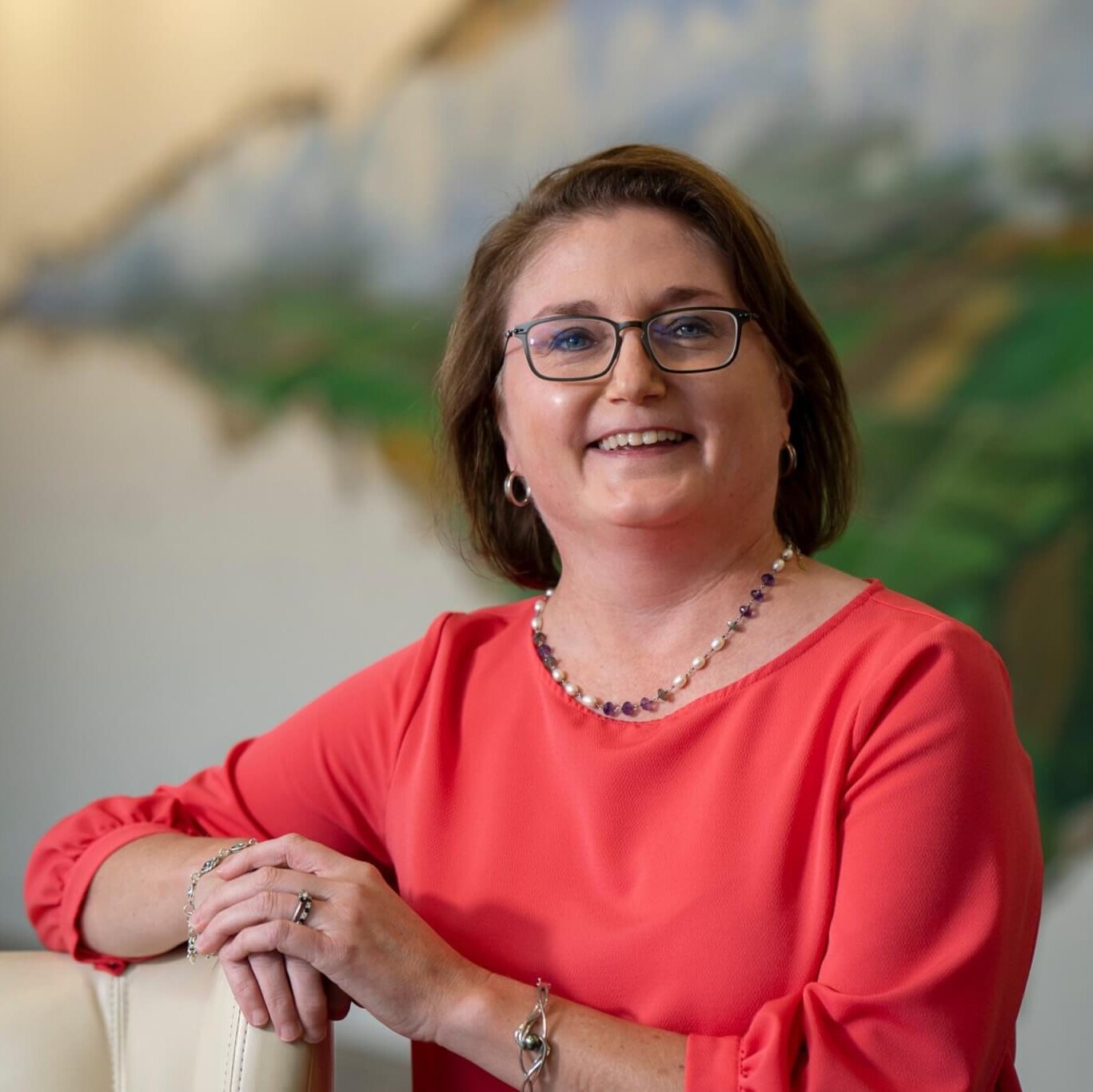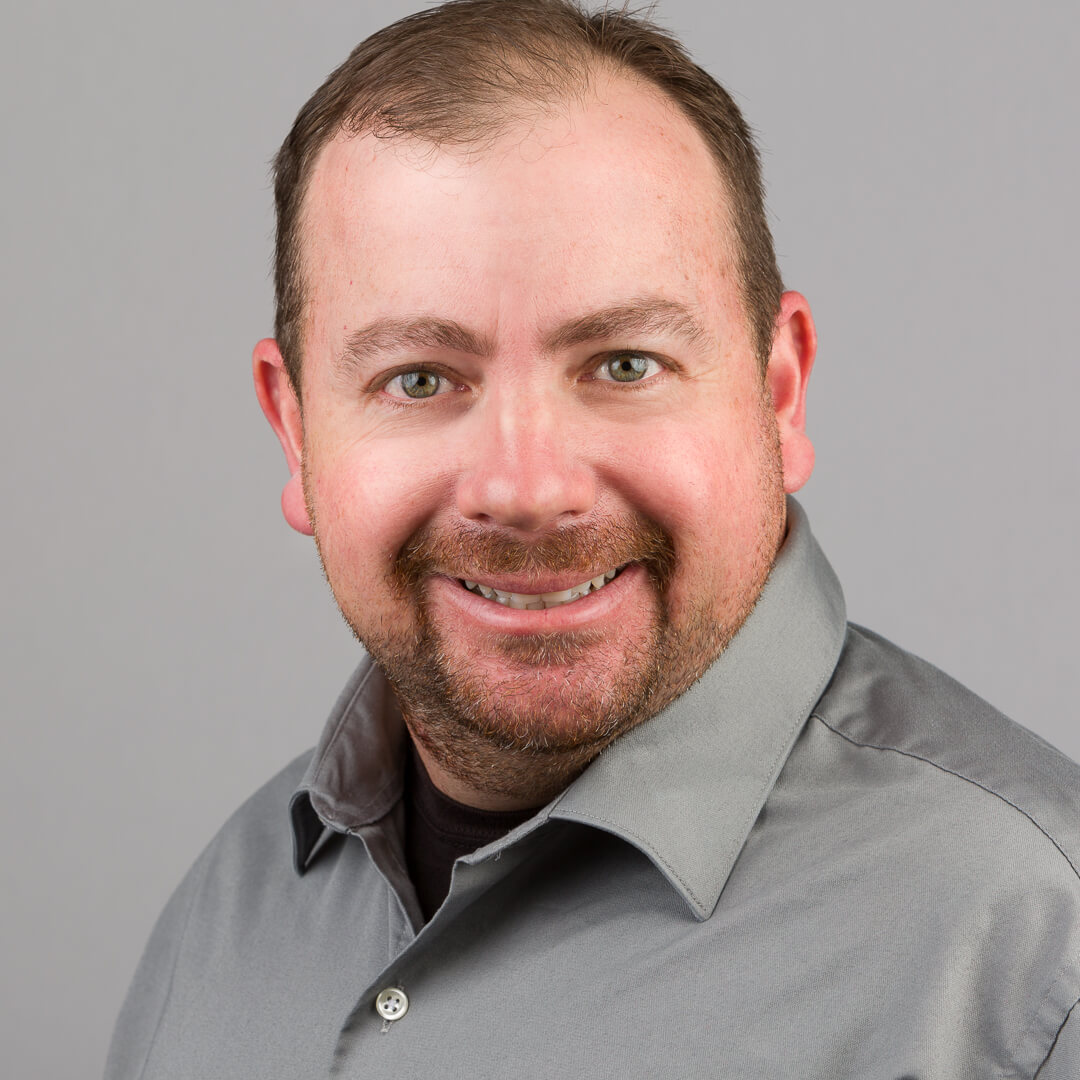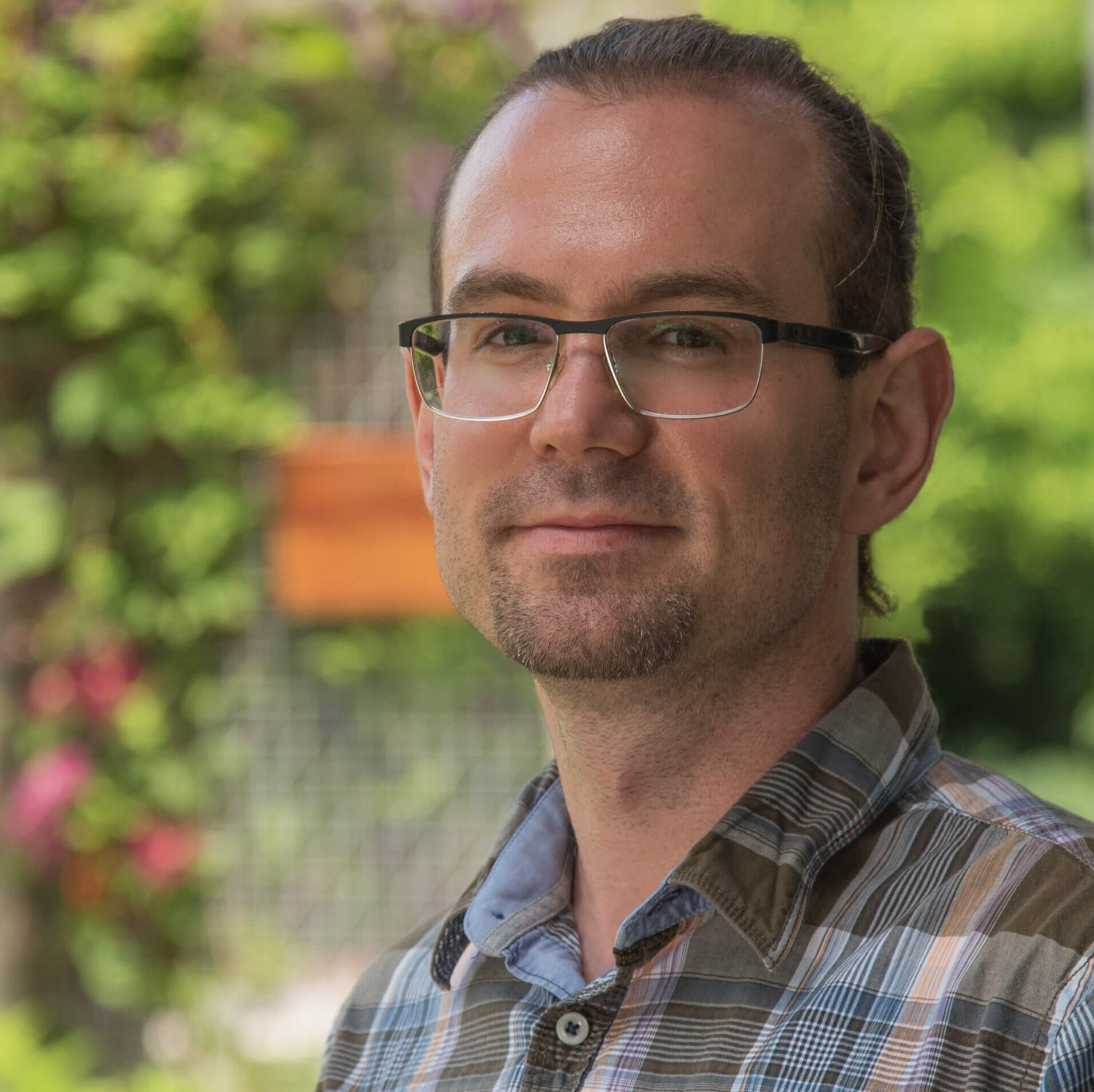College of Agriculture welcomes four new faculty this spring
Diego Cardoso, Assistant Professor, Agricultural Economics

Diego Cardosa joins Agricultural Economics after being a postdoctoral researcher at the University of Geneva. His research focuses on the design and analysis of environmental policies, especially those related to climate change and water resources. He is also interested in applied welfare analysis and risk modeling for environmental issues and human health. His research has studied the design of carbon taxes, the affordability of water provision, and the impact of climate change on hydropower planning. Cardoso received his Ph.D. from Cornell University.
Amanda Deering, Associate Professor, Food Science

Formerly a clinical associate professor with Food Science, Deering moves into the role of associate professor this spring. Her research focuses on examining internalization of human pathogenic bacteria in plants, as well as routes of contamination that can contribute to plants harboring pathogenic bacteria. She leads the Purdue Safe Produce Indiana team and oversees the ServSafe program at Purdue. Deering works closely with industry to develop and test novel sanitization treatments for fresh produce. She completed her M.S. in plant biology at Central Michigan University and her Ph.D. at Purdue University in food microbiology and food safety specializing in fresh produce food safety.
Lee Miller, Assistant Professor, Botany and Plant Pathology

Lee Miller joins Botany and Plant Pathology this spring from the University of Missouri-Columbia. His research activities focus on the development of disease management strategies that require fewer inputs and result in sustainable, functional and aesthetic turfgrass fields. His current responsibilities include providing disease diagnosis and control recommendations for the lawn, golf, sports turf and sod industries in Indiana. Before joining Purdue, he was an associate professor and state extension turfgrass pathologist at the University of Missouri. Miller received his M.S. in plant pathology at the University of Georgia and his Ph.D. in plant pathology at North Carolina State University.
Roland Wilhelm, Assistant Professor, Agronomy

Roland Wilhelm joins Agronomy this spring upon completing postdoctoral research at Cornell University. His research examines the strategies microorganisms use to compete and co-exist in communities, and how their struggle for survival affects the elemental cycling upon which natural resources depend. Using molecular biology, isotope biogeochemistry and bioinformatics, he studies the lives of soil microorganisms, their relationships with plants, and their reactions to being managed by humans in agricultural ecosystems. Wilhelm completed his postdoctoral research in soil and crop sciences at Cornell University with a Ph.D. in microbiology from the University of British Columbia.






